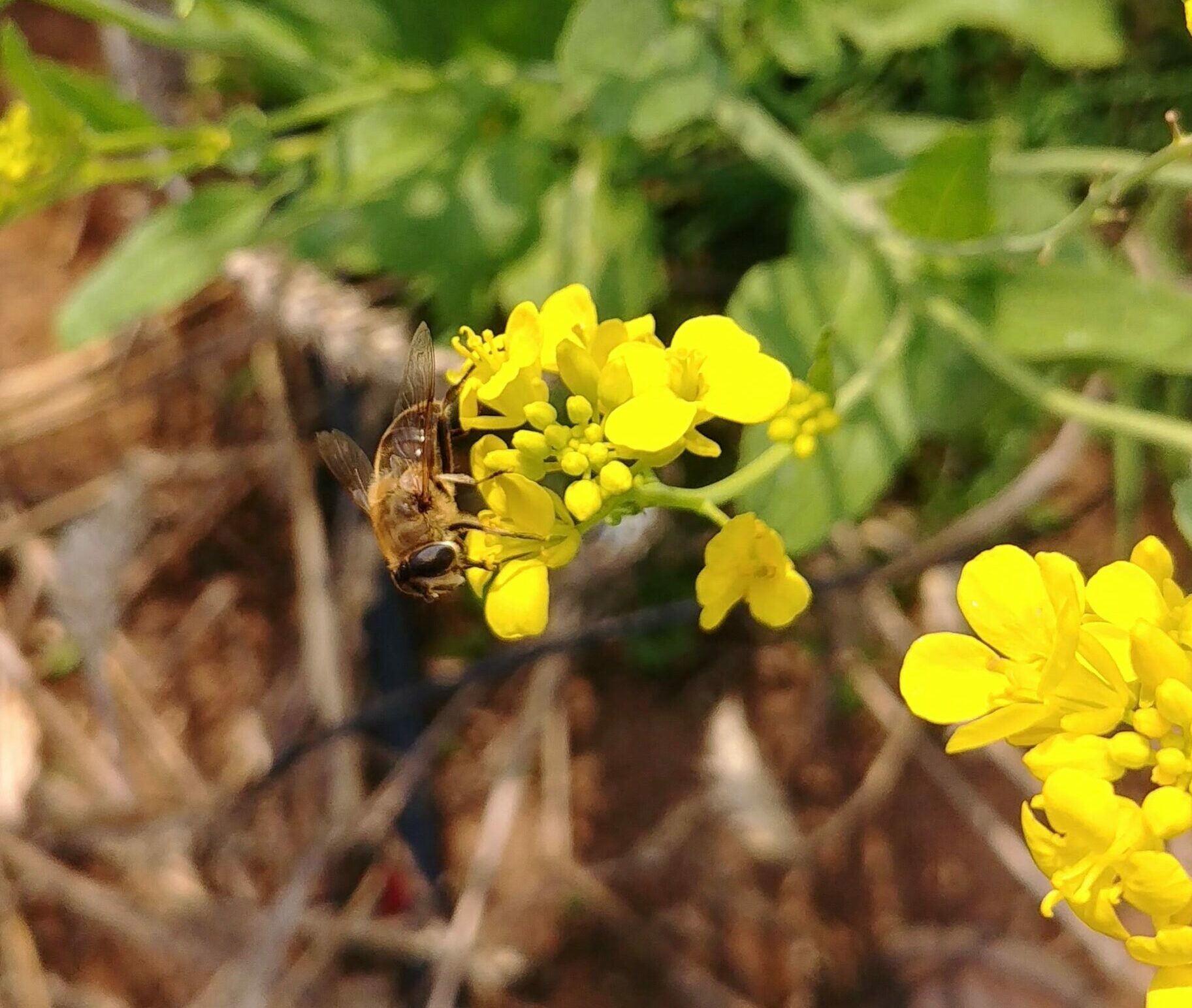Anthropogenic air pollutants reduce insect-mediated pollination services
Declines in the numbers and diversity of insects that pollinate our food crops and wild plants are currently considered to be the result of agricultural intensification and climate change – however, a new hypothesis suggests that air pollution could also be a contributing factor. Research demonstrated that increases in the concentration of air pollutants such as diesel exhaust and ozone result in severe reductions in visits from insects to flowers, and consequently, a reduction in successful pollination.
Declines in the abundance and diversity of insects that pollinate our food crops and wild plants over the last century are currently considered to be the result of interacting stress factors, such as agricultural intensification and climate change. Recently, a new hypothesis has been formed that air pollution could act as a further stress factor contributing towards pollinator declines.
The mechanism proposed is that air pollutants chemically alter, deplete or mask the volatile organic compounds (VOCs) emitted by flowers (i.e. their floral scents), which pollinators use to locate flowers. However, prior to our study, the only evidence to support this theory resulted from small-scale laboratory assays, and atmospheric chemistry models. Using a novel free-air fumigation facility, we provided field-scale experimental evidence to demonstrate that even moderate increases in the concentration of common ground-level air pollutants (diesel exhaust and ozone) result in severe reductions in visits from insects to flowers and consequently a reduction in successful pollination.
This original research demonstrates that air pollutants can significantly disrupt natural ecological processes that are critical for ecosystem functioning. The results have wide ecological ramifications, because VOCs are critical mediators of important life events for many insect species (e.g. mate location using pheromones). The article in Environmental Pollution has received 19 citations so far this year and has been reported domestically and internationally in more than 80 news outlets, including Wall Street Journal, New Scientist, The Times, ABC News, ITV and BBC. It currently has an Altmetric score of 781. As such, the article has resonated with a wide audience.
The reviewers considered that the paper made a new and significant contribution to research. It focused on observational methods rather than underpinning mechanisms but the move away from laboratory to open field testing is novel. It was not entirely clear at which scale of the landscape the results apply (e.g., farm level, regional level etc) – alternatively, how the experimental design would need to calibrated for different scales. Mitigation measures or policy implications/interventions not considered. The relevance and potential impact of the research is very high in terms of the impact on agricultural production and its sustainability.
James Ryalls is a Research Fellow in the Centre for Agri-Environmental Research at the University of Reading and winner of the University’s 2023 Research Output Prize (Agriculture, Food & Health theme) for his paper as first author in Environmental Pollution, ‘Anthropogenic air pollutants reduce insect-mediated pollination services’.
Find out more about this work on Connecting Research.

